Academic staff
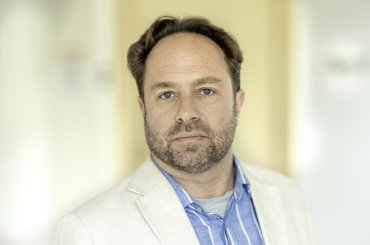
Dr Floris van den Eijnde (Programme Coordinator)
Floris van den Eijnde is currently employed as Assistant Professor in Ancient History and Coordinator of the programme. His current research revolves around Early Iron Age and Archaic Athenian society. He teaches various courses in ancient greek history and archaeology.
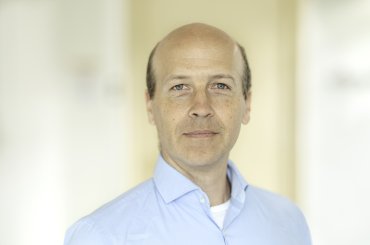
Dr Aaron Griffith
Aaron Griffith is Assistant Professor in Linguistics. His areas of expertise include historical linguistics, early and high Middle Ages, Celtic languages and culture and language change.
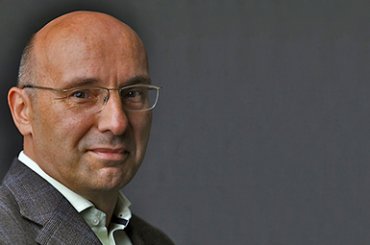
Prof. Harald Hendrix
Harald Hendrix is full professor of Italian Studies at Utrecht University. With a combined background in Cultural History, Comparative Literature and Italian Studies, he has published widely on the European reception of Italian Renaissance and Baroque culture, on the early-modern aesthetics of the non-beautiful as well as on literary culture and memory.
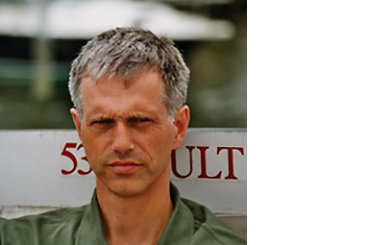
Dr Rob Meens
Rob Meens is mainly interested in cultural history in a broad sense, with a particular emphasis on the period between 500 and 1000 AD. Some specific theme's discussed in his research are: views on purity and impurity, violence and reconciliation, the human body, eating and drinking, paganism and magic, religion and ritual, confession and penance.
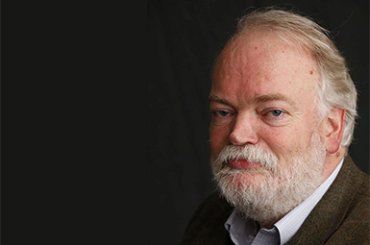
Prof. Marco Mostert
Marco Mostert is Professor of Medieval History in the Department of History. He directed a 'Pionier project' on Medieval Literacy. His research focuses on medieval written culture and communication, with attention for the relations between non-verbal, oral and written forms of communication. See also the website Medieval Literacy Platform.
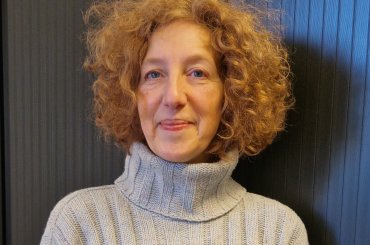
Prof. Veerle Fraeters
Veerle Fraeters specialises in Middle Dutch literary and cultural history, with a particular focus on mystical literature, the visionary genre, and female authorship. Her research sits at the intersection of philology, literary studies, cultural history, and religious studies. She also conducts research on the circulation and appropriation of medieval literature in modern times.
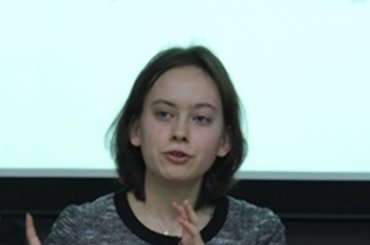
Dr Natalia Petrovskaia
Natalia Petrovskaia is Assistant Professor in Celtic at the Department of Languages, Literature and Communication. Her research and teaching expertise lies in medieval literature, medieval intellectual history, translation form Latin into the vernacular in medieval Western Europe, and intellectual history. She is happy to supervise students working on medieval Western European intellectual history (particularly encyclopedism, geography, and astronomy) between 1000 and 1500; medieval Western European literature (broadly defined); and multilingualism.

